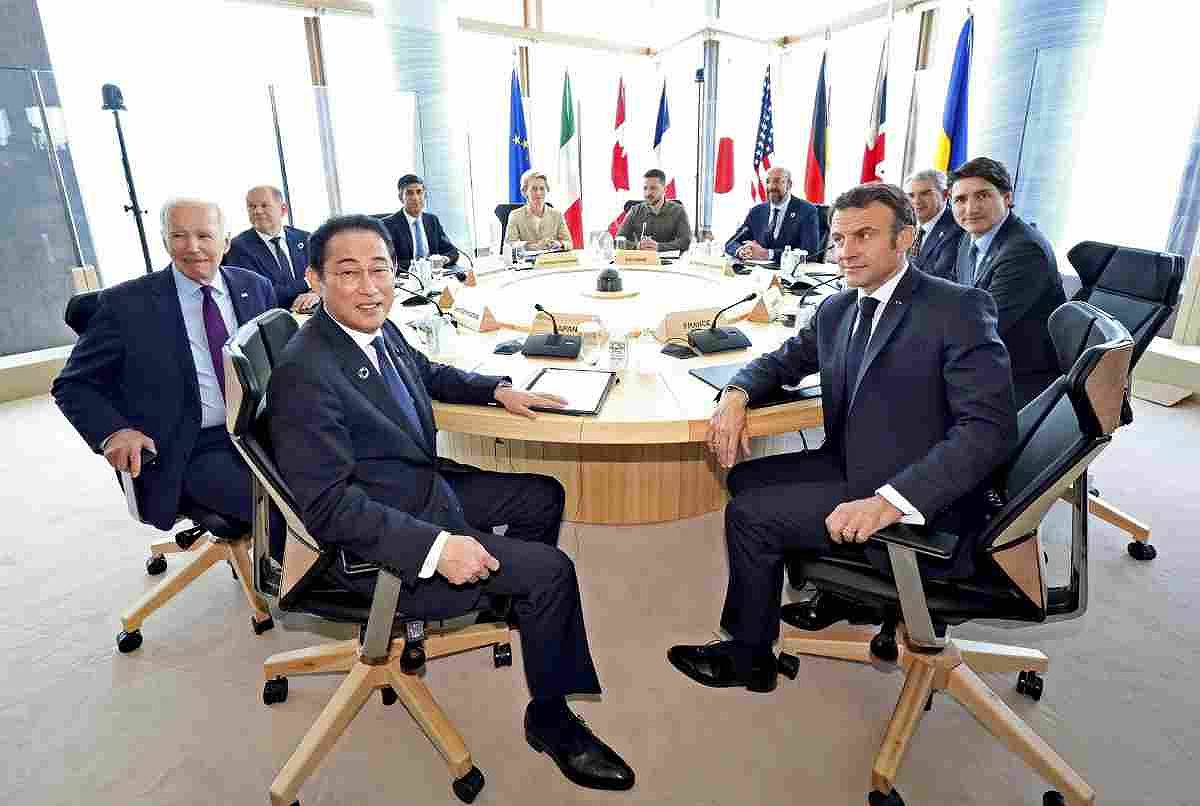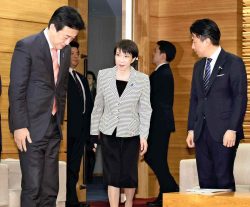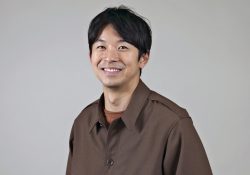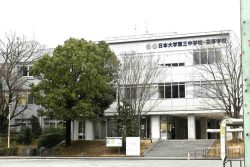G7 Chair Japan Achieved Results on Ukraine and AI but Failed to Show Leadership Over Israel and Gaza

G7 leaders hold their summit in Hiroshima on May 21.
14:28 JST, December 8, 2023
A virtual G7 summit held Wednesday night was the last such conference this year for Japan, which holds the annually rotating presidency of the group.
Prime Minister Fumio Kishida took the initiative in establishing rules on artificial intelligence and made efforts to maintain the unity of the G7 toward Russia’s aggression in Ukraine.
While Japan has achieved certain results as the chair, it failed to demonstrate leadership on the issue of the ongoing Israel-Hamas conflict.
The G7 is made up of Japan, Canada, France, Germany, Italy, the United Kingdom, the United States and the European Union.
During the virtual summit, Kishida mentioned a G7 agreement to establish comprehensive international rules related to AI.
“The agreement powerfully demonstrates to the rest of the world that the G7 can effectively and quickly address the issue of governance of generative AI, which has been evolving at a rapid pace.”
The agreement was proposed at the Hiroshima G7 Summit in May by Kishida, who was strongly concerned about the rapid development and use of generative AI. He had enthusiastically convinced respective G7 members who hold various positions on the issue about the need to establish rules.
Amid the ongoing Russian aggression against Ukraine, what caught people’s attention during the Hiroshima Summit was how the G7 would respond to the issue.
Invited to Hiroshima were the leaders of Brazil and India, both positioned as representatives of the emerging and developing nations known as the Global South. Ukrainian President Volodymyr Zelenskyy also made a hasty visit to Japan to attend the meeting. The summit not only demonstrated the unity of the G7, but also provided Zelenskyy with an opportunity to directly ask Global South nations for support.
The more recent events regarding the Palestinian territory of the Gaza Strip and Israel’s war against Hamas put Japan in a tricky situation.
G7 members excluding Japan held a teleconference in late October and issued a joint statement to support Israel’s right to self-defense. Japan failed to demonstrate its presence as the chair of the G7 in this regard.
This happened because Japan found it difficult to strike a diplomatic balance between Israel, an ally of the United States, and Middle Eastern countries on which Japan depends for crude oil imports.
“Under rapidly changing international circumstances, there were many difficulties facing Japan, partly due to the divergence in opinions among G7 members,” a senior Foreign Ministry official said.
Top Articles in Politics
-

LDP Wins Historic Landslide Victory
-

LDP Wins Landslide Victory, Secures Single-party Majority; Ruling Coalition with JIP Poised to Secure Over 300 seats (UPDATE 1)
-

Japan Tourism Agency Calls for Strengthening Measures Against Overtourism
-

CRA Leadership Election Will Center on Party Rebuilding; Lower House Defeat Leaves Divisions among Former CDPJ, Komeito Members
-

Voters Using AI to Choose Candidates in Japan’s Upcoming General Election; ChatGPT, Other AI Services Found Providing Incorrect Information
JN ACCESS RANKING
-

Japan Institute to Use Domestic Commercial Optical Lattice Clock to Set Japan Standard Time
-

Israeli Ambassador to Japan Speaks about Japan’s Role in the Reconstruction of Gaza
-

Man Infected with Measles May Have Come in Contact with Many People in Tokyo, Went to Store, Restaurant Around When Symptoms Emerged
-

China Eyes Rare Earth Foothold in Malaysia to Maintain Dominance, Counter Japan, U.S.
-

Australian Woman Dies After Mishap on Ski Lift in Nagano Prefecture























